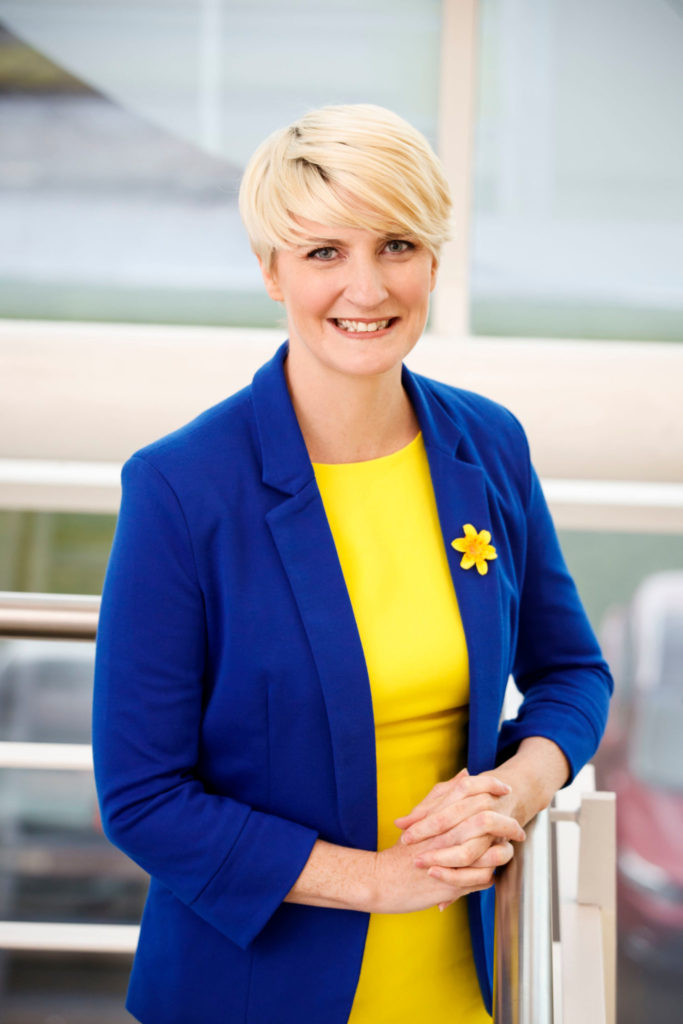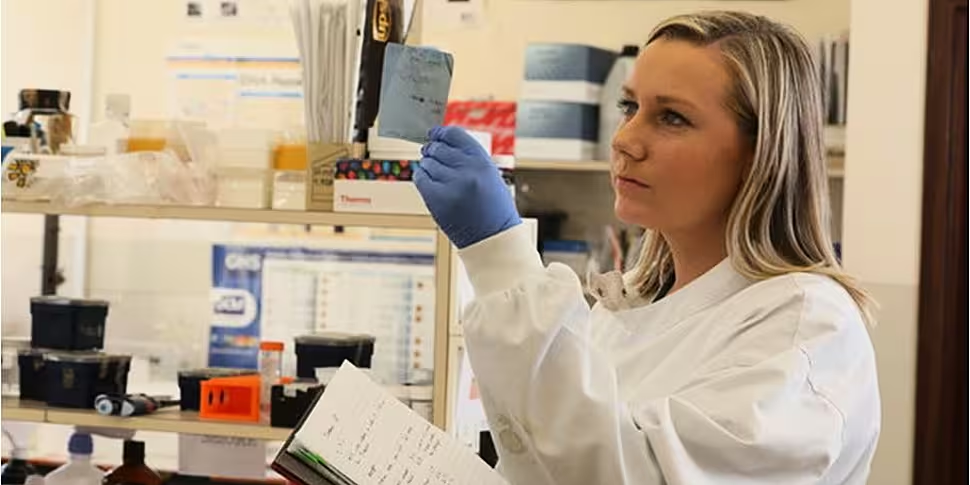Irish women are to be first in the world to trial potential a new breast cancer treatment.
Cancer research funded by the public has spurred the potentially life-saving new clinical trial.
The clinical study will see women with advanced triple negative breast cancer being treated with the drug 'COTI-2', in combination with chemotherapy, at St Vincent's University Hospital in Dublin.
The research was carried out by Dr Naoise Synnott in University College Dublin and St Vincent's University Hospital.
Her work was funded by the Irish Cancer Society's 'Breast-Predict' research programme and the Clinical Cancer Research Trust.
It is hoped that the trial, to be funded by Cotinga Pharmaceuticals, will begin recruiting patients later this year.
It will be aimed at women whose triple negative breast cancer has spread beyond the breast.
It comes as thousands of volunteers took to the streets on Friday to mark Daffodil Day.
The campaign raises crucial funds to support cancer patients and their families.
 Chief executive of the Irish Cancer Society Averil Power | Image: Irish Cancer Society
Chief executive of the Irish Cancer Society Averil Power | Image: Irish Cancer SocietyChief executive of the Irish Cancer Society, Averil Power, said: "News like this shows the positive difference cancer research is making for Irish people.
"Everyone who has donated to the Irish Cancer Society can feel a part of making this clinical trial a reality.
"But we want to do more. Every year we have to turn away researchers who come to us with potentially life-saving projects, simply because we don't have enough funds to support them.
"The Irish Cancer Society needs the public's support on Daffodil Day today so that we can fund more research and push for more trials like this one, which give patients the earliest possible access to medical breakthroughs they so desperately need and which we hope will save more lives."
More than 250 people are diagnosed with triple-negative breast cancer each year.
It is often aggressive, difficult to treat and tends to be more common in younger women.
Caitriona Plunkett had just turned 35 when she was diagnosed with triple negative breast cancer in June 2016.
The mother-of-two from Dublin said: "When I found out I had cancer I was terrified, but in the end I'm one of the lucky ones - it was caught early, making treatment more effective.
"Supports like the Irish Cancer Society's Cancer Nurseline got my family and me through this tough time, and we're stronger now as a result."
"Not everyone with this cancer is as lucky, though. I've seen first-hand the devastating effects that treatments for this disease can have.
"And if they don't work, the outcome is heart-breaking. That's why clinical trials that give hope for better, less harsh treatments, are so important."
Main image: Dr Naoise Synnott | Image: Irish Cancer Society









